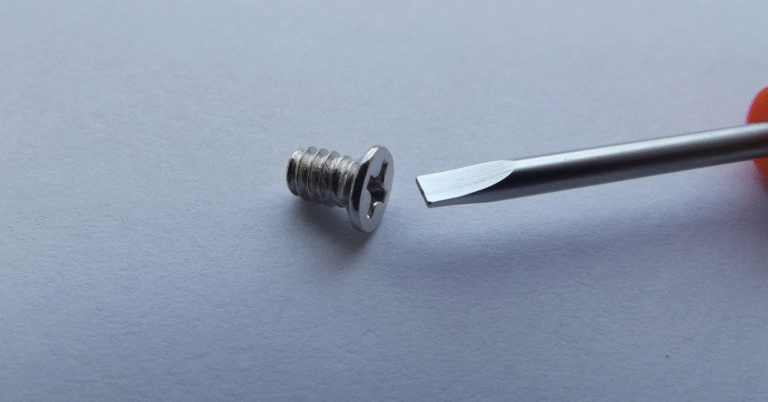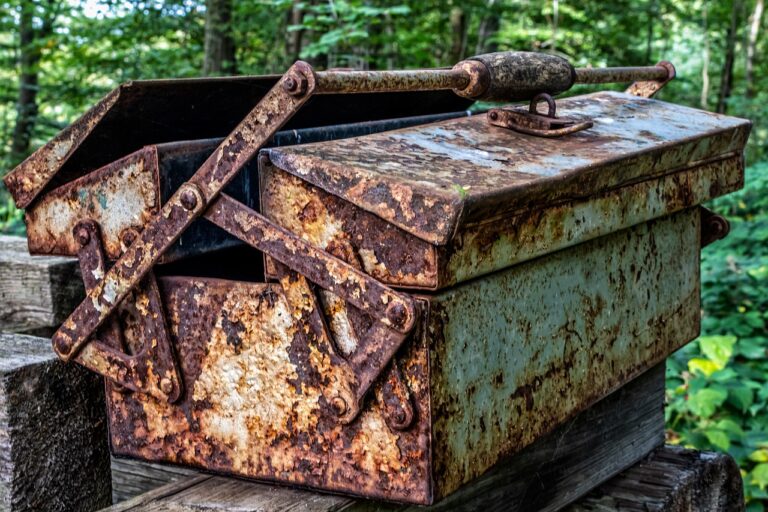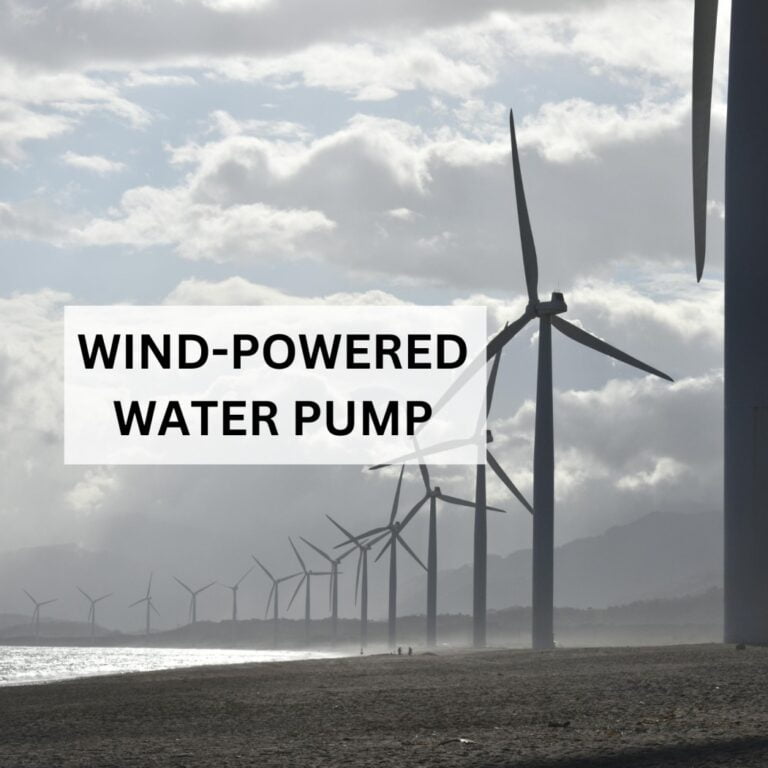How Best to Clean Solar Panels
Our editorial team independently selects all products featured in this review. This article may contain affiliate links, and we may earn a commission from purchases made through those links. For more information, please refer to our affiliate disclosure.
Maintaining clean solar panels is more than just looking good; it’s also about maximizing renewable energy investment.
Let’s look at the complexities of solar panel cleaning and the best ways to keep your panels performing at their best.
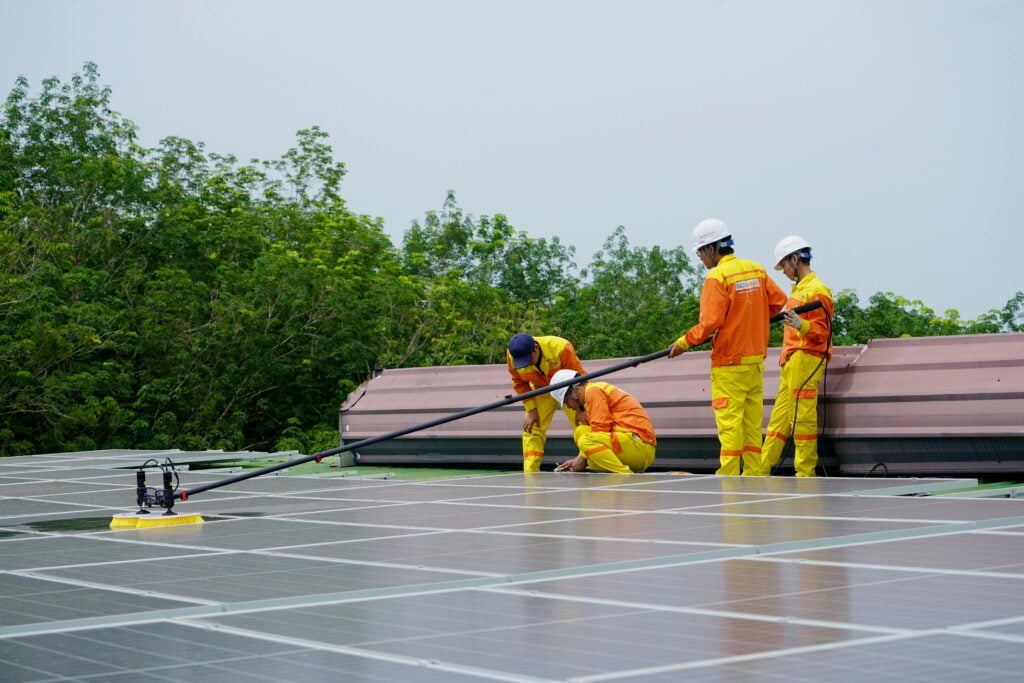
Table of Contents
Why Clean Solar Panels?
Clean solar panels are essential for two reasons.
- First, they increase energy efficiency by allowing more sunlight to reach the cells, which generates more electricity.
- Second, regular cleaning increases panel life by preventing dirt and debris buildup, which can obstruct sunlight and lead to overheating.
Cleaning also protects against environmental damage, such as bird droppings, tree sap, and pollution, reducing corrosion over time.
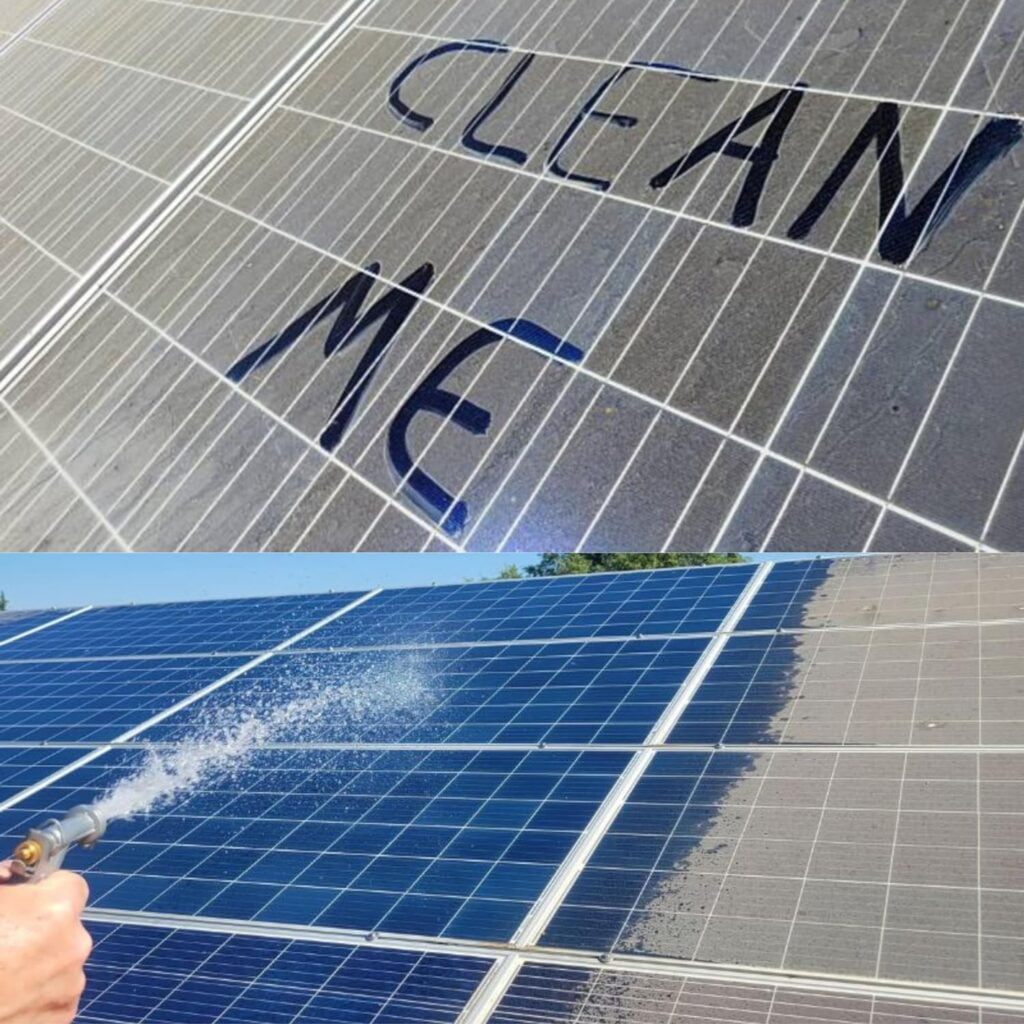
Factors Affecting Solar Panel Cleaning
Several factors influence the cleaning requirements of solar panels.
- Location and temperature are critical; panels in dusty or pollen-filled locations, or where birds are common, require more frequent cleaning.
- The type of solar panels affects cleaning frequency; some materials are more prone to stains or disintegration.
- The angle and orientation of the panels influence how much debris accumulates.
- The presence of nearby trees or buildings may also cast shadows or deposit debris, demanding more frequent cleaning.
- Air pollution in the vicinity might cause dirt and grime to accumulate on the panels.
- Finally, individual tastes and performance goals influence the frequency of cleaning. Experts generally recommend cleaning at least twice a year to maintain optimal efficiency and longevity.
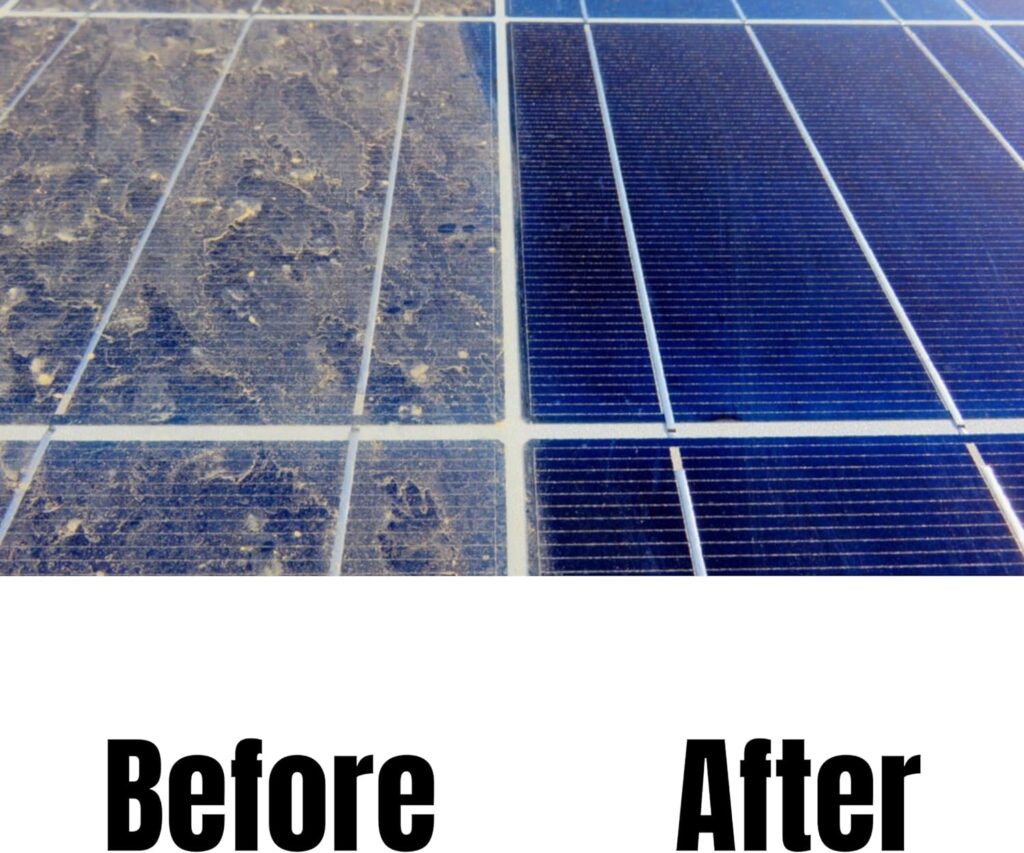
Standard Methods for Cleaning Solar Panels
There are three methods for cleaning solar panels, each with advantages and disadvantages.
- Manual washing with water and soap is the most traditional method, requiring only a hose, a soft brush, and a mild detergent solution.
- Automated cleaning systems remove dirt and debris with robotic arms or water sprayers, providing a hands-free option.
- Professional cleaning services offer knowledge and convenience at an additional fee.
Best Practices for Manual Cleaning
Timing is critical when manually cleaning solar panels; clean them when cold and not exposed to direct sunlight.
To gently scrub, use a non-abrasive cleaning solution such as mild dish soap diluted in water and a soft brush or sponge.
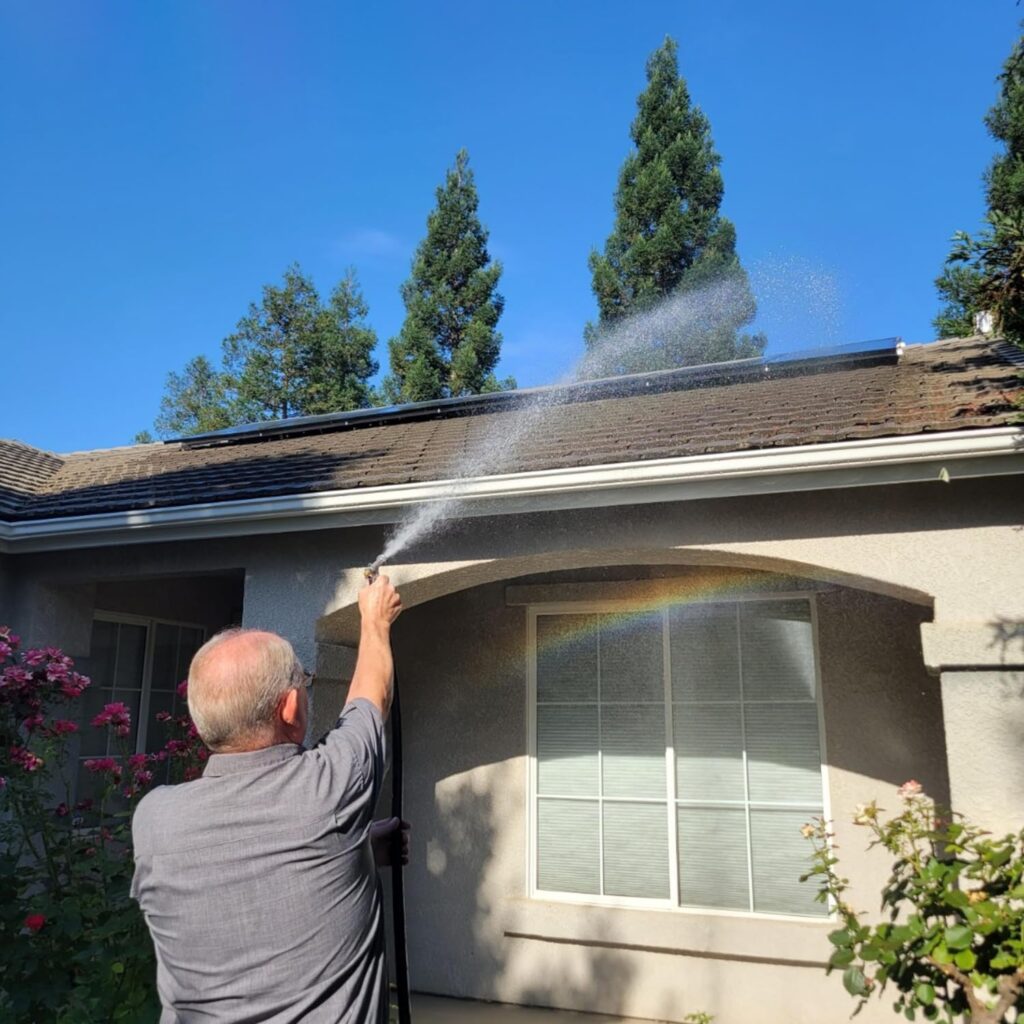
To prevent damage, avoid using harsh chemicals or abrasive instruments.
Rinse well with clean water to eliminate soap residue, then dry with a soft, lint-free cloth to avoid streaks.
Additionally, clean in the morning or late afternoon to avoid quick evaporation.
Solar panels operate best and last longer when cleaned regularly, at least twice a year.
Tips for Automated Cleaning Systems
Understanding how automated solar panel cleaning systems work is critical.
Regular maintenance and calibration are critical to achieving peak performance.
Familiarize yourself with the system’s programming and settings to make necessary changes.
Regularly inspect and clean the equipment to avoid obstructions and malfunctions.
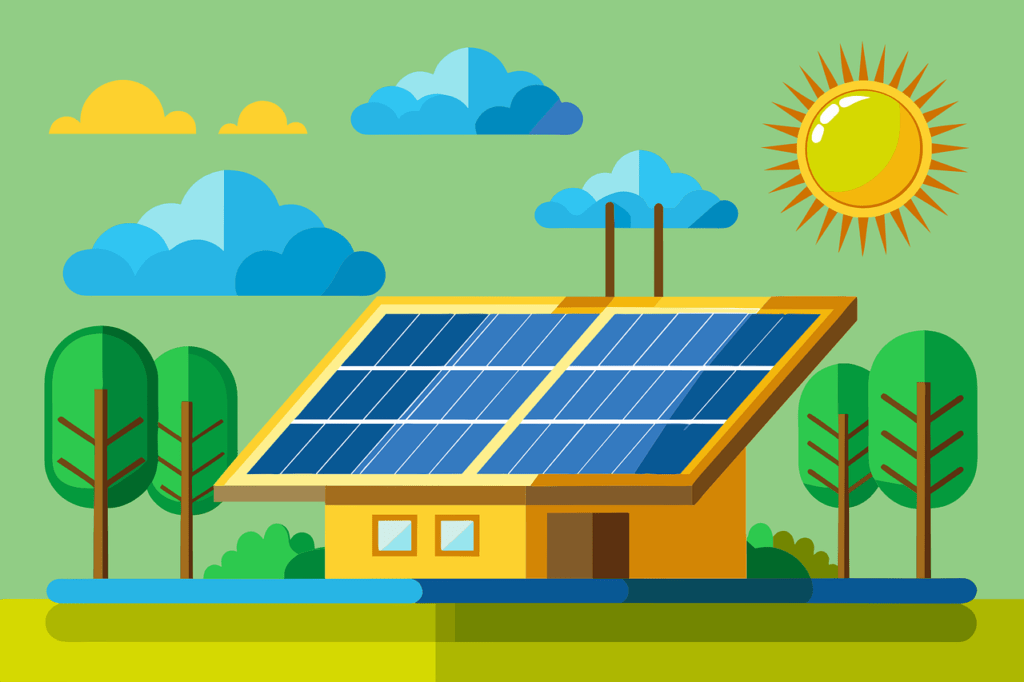
Monitor the system’s operation frequently to spot problems early on and avoid potential panel damage.
Consider investing in a system that can self-clean to reduce the need for regular maintenance.
Automated systems are convenient but require adequate maintenance to keep solar panels clean and efficient.
Benefits of Professional Cleaning Services
While DIY cleaning methods are inexpensive, professional cleaning services provide various benefits.
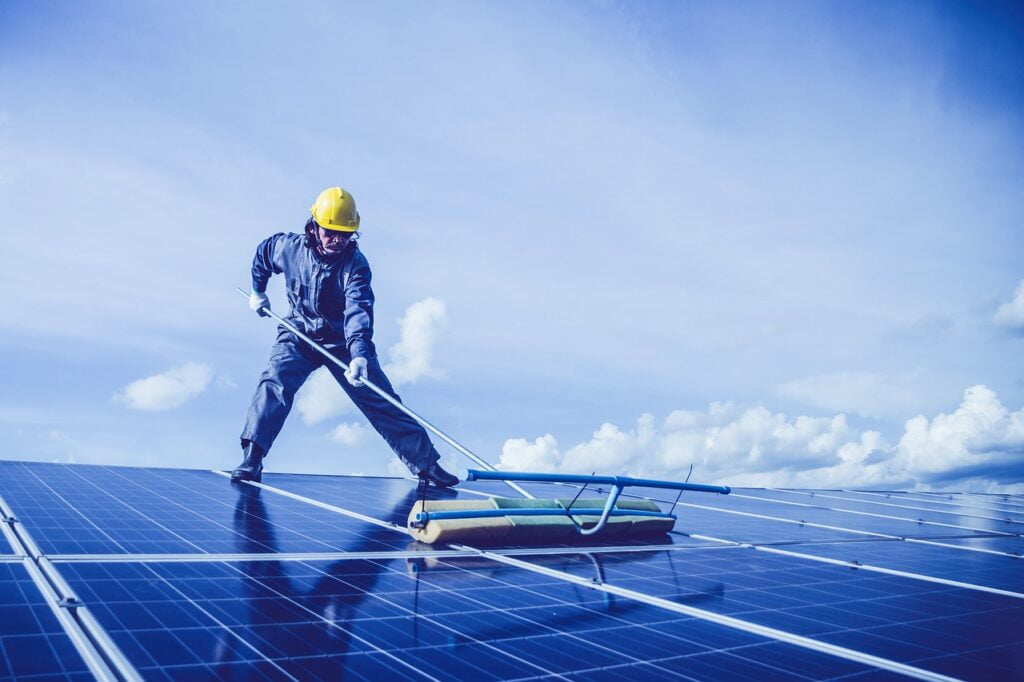
They bring expertise and experience to the table, ensuring that your solar panels are cleaned thoroughly and effectively without causing any damage.
Furthermore, professional cleaners can save you time and effort, allowing you to focus on other essential tasks.
Safety is also essential since qualified personnel understand how to handle solar panels properly and reduce the possibility of accidents or injuries.
Safety Precautions When Cleaning Solar Panels
When cleaning solar panels, safety is the most crucial consideration.
- To prevent electrical risks, always turn off the solar panel system.
- Wear safety gear such as gloves, goggles, and nonslip footwear to avoid potential injuries.
- To avoid electric shock, exercise caution when handling electrical components and wiring.
- Avoid working on wet surfaces to reduce the danger of slipping and falling.
- When accessing higher panels, use stable ladders or scaffolding to ensure they are adequately secured.
- Be cautious of hot surfaces to avoid burns, especially on sunny days.
Prioritize safety at all times to create a safe and successful cleaning experience.
Troubleshooting Common Cleaning Issues
Despite your best efforts, you may encounter common cleaning concerns, such as streaks, residue, or hard water stains.
To remove stains and residue, thoroughly rinse the panels with clean water before drying them with a soft, lint-free towel.
For stubborn water stains, try a vinegar solution or a commercial glass cleaner created exclusively for solar panels.
If damage develops due to inappropriate cleaning practices, ask an expert about repairs or replacements.
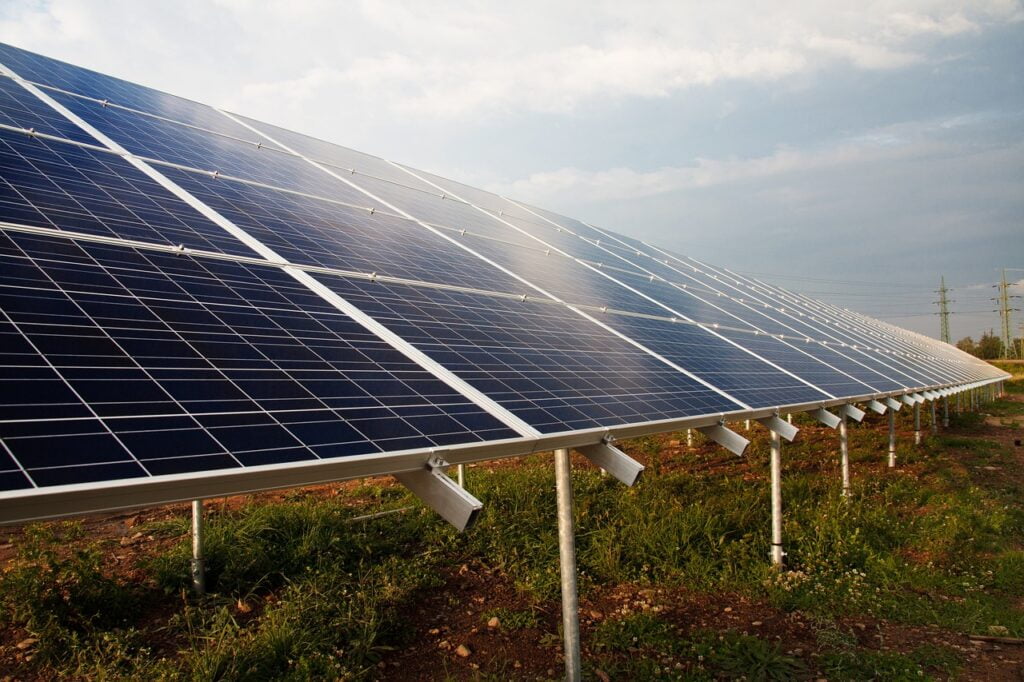
Conclusion
Finally, frequent maintenance and cleaning are required to ensure your solar panel system’s best performance and longevity.
Understanding the value of clean solar panels and adhering to optimal cleaning techniques will allow you to increase energy efficiency, extend the life of your panels, and prevent damage or degradation.
Remember to emphasize safety at all times and seek professional help when needed.
With appropriate care and maintenance, your solar panels will continue to capture the sun’s energy for many years.
Also Read
Product Review: Waterdrop Water Filter for Sink
Valink 345 Heads Spraying Nozzles Review
Maxcheck Rain Gun Sprinkler for Large Farm
Follow us

